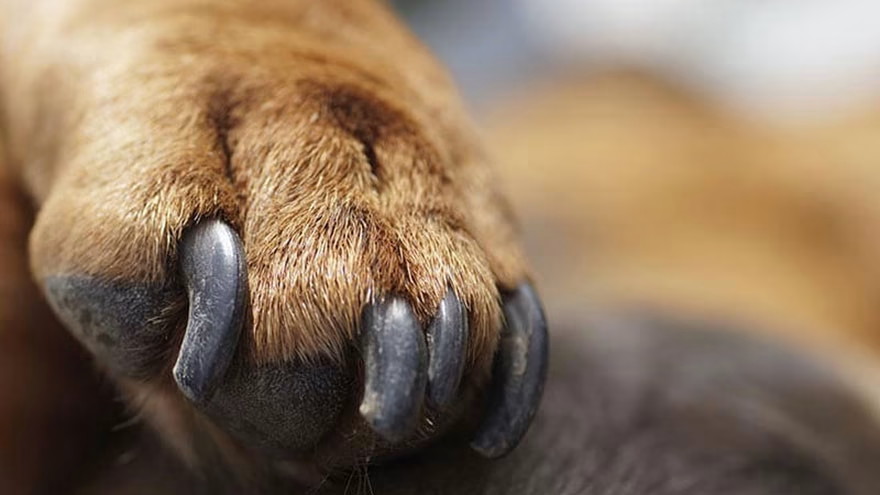West Highland terriers are beautiful, friendly dogs. Their outgoing personalities and shocking white coats make them treasured and popular as pets. These dogs do come with some serious health considerations, though, as they are particularly prone to skin disorders.

Identification
Westies are bright and sturdy terriers. They are intelligent, friendly to strangers and children, and make good family dogs. They can grow to 12 inches in height and 22 lbs. in weight. They have a double coat, with dense white fur underneath and long white hair on top.
Care
The long, dense coat of a Westie requires consistent care and grooming. Without adequate grooming, a Westie's hair can get tangled, dirty and knotted. Grooming also gives an owner the chance to keep an eye on a Westie's sensitive skin.
Skin Problems
Westies are naturally inclined to skin problems. In many Westies, this is due to of inherited treatment-for-canine-allergies" class="auto-link" target="_blank" rel="noopener">allergies, while other Westies have naturally sensitive skin. Some Westie bloodlines have developed allergies to the grains found in low-grade dog food, which manifest themselves as skin irritations. Dermatitis and epidermal dysplasia are the most common of these problems.
Causes and Victims
Possible causes of allergic reactions are grass and weed pollen, certain molds, house dust, food and even simple dander. Female West Highland white terriers seem to be affected more often than males, although both sexes can have sensitive skin. Skin disorders generally develop by the time a dog is 3 years old, with initial signs starting when the dog is a year old.
Symptoms
Symptoms include a Westie's skin becoming red and irritated, possibly dry, flaky and itchy. If the condition is serious or goes untreated, it may lead to areas of baldness. Skin conditions caused by allergies to grain or the environment may also include coughing, wheezing and sneezing. Epidermal dysplasia particularly manifests as dark-colored skin with extreme itching and a greasy sheen.
Treatments
Topical salves and soothing, medicated shampoos are commonly prescribed for skin problems. Allergic reactions are treated with antihistamines and cortisone. Improved diet, with lots of raw vegetables and fresh meat, boosts a Westie's immune system and gives him a better defense against allergic reactions.You Might Also Like :: What Are the Symptoms of an Ill Aging Dog?





0 Comments
No comments yet. Be the first to share your thoughts!
Leave a Comment